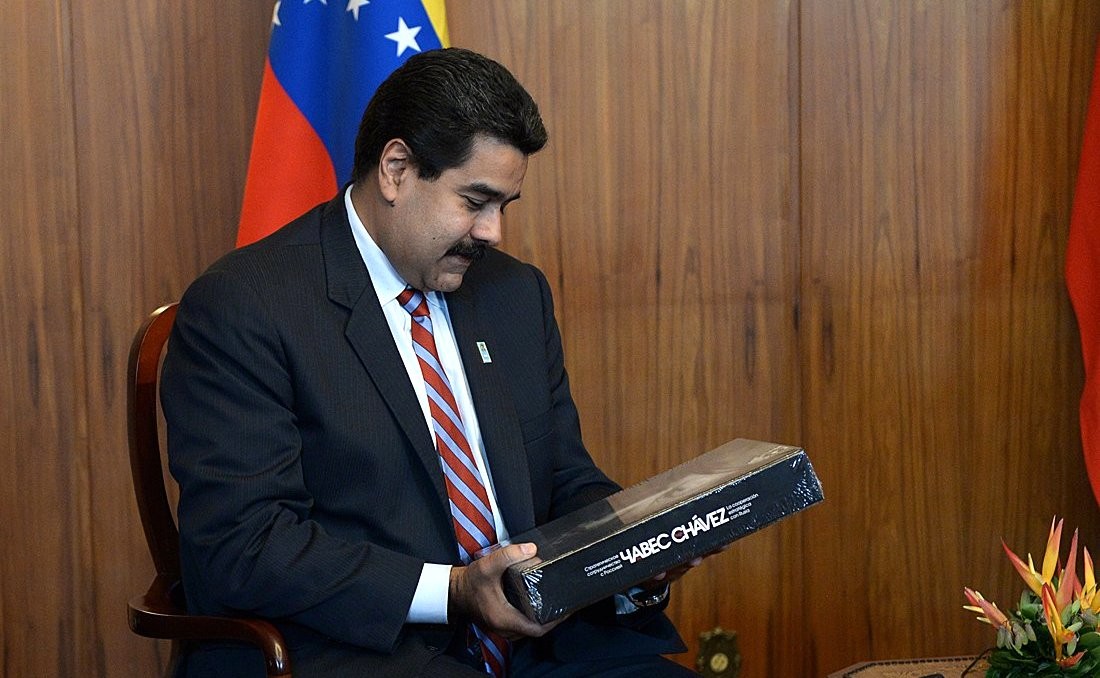Last Week in Foreign Affairs (September 3 - September 9)
Far-Right Party with Neo-Nazi Ties Moves to Second Place in Swedish Parliamentary Election
The Parliament House in Stockholm, Sweden (source)
The far-right Swedish Democrats have won 17.9% of the vote according to exit poll data, placing the party firmly in second place behind the Social Democrats. Their lead, an increase of over six points from the 2014 election, is only projected to rise as districts finish tallying the final vote. While both leading coalitions exclude the Sweden Democrats, the far-right movement will soon gain enough influence within the government’s proportional representation system that both the majority and the opposition must take their demands into consideration. This bump of over six points from the 2014 election stems mainly from a growing anti-immigrant sentiment in a country long considered to be one of the most open and progressive in Europe. The party, whose platform is rooted in the Swedish fascism movement of the 1990s, has used anti-immigrant rhetoric to provoke racism and ethnic tension. The idea that a bastion of progressivism might be so thoroughly infiltrated by hate sends a disturbing message to Sweden’s neighbors.
India Decriminalizes Gay Sex
The highest court in India has officially struck down a 150-year-old law criminalizing consensual gay sex. Prior to the court’s decision, a member of the LGBTQ+ community could have faced a life sentence under the law if caught engaging in such intercourse. This decision comes only five years after the court ruled that a "minuscule fraction of the country's population constitute lesbians, gays, bisexuals or transgenders" and it was therefore "legally unsustainable" to overturn the law. Not all were pleased with the court’s ruling. Subramanian Swammy, a prominent voice within the ruling Bharatiya Janata Party claimed overturning the law would be a “danger to national security”. While the court’s decision does not grant the right to marry, adopt, or inherit to LGBTQ+ citizens, it is nonetheless a groundbreaking step towards changing the legal landscape for this community in India. .
US Secretly Meets with Venezuelan Rebel Generals in Potential Coup Plot
Nicolás Maduro, President of Venezuela, in 2014 (source)
According to recent reports, the Trump Administration covertly met with rebel generals in Venezuela on multiple occasions to discuss American support of a military coup. The increasingly precarious economic situation in Venezuela had led some generals to believe that the country’s “democratically” elected president Nicolás Maduro should be forcibly removed from power. While the United States purportedly never extended any formal offers of support, there is something to be said about its sending representatives to meet with the rebels in the first place. Politicians in Caracas may see US support as tacit approval for the overthrow of Maduro, and this could potentially worsen already strained relations between the United States and Venezuela. Furthermore, this could be seen as a worrying sign for other potential autocrats in the region. If these reports signal a return to direct American influence in South America, which has a long and dark track record, it could potentially rebound against the United States as Central and South American countries warily eye their neighbor to the north.


